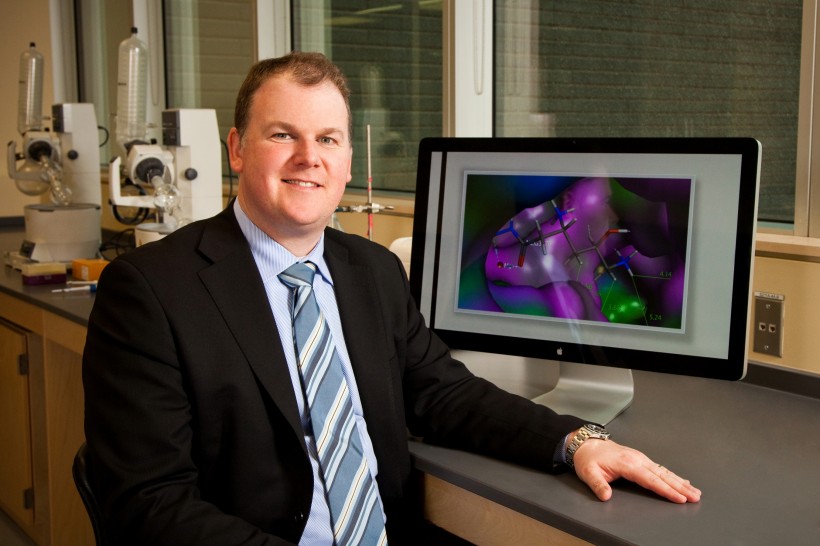Halifax-based Appili Therapeutics Inc., whose ultimate goal is to produce a drug that treats superbugs, has closed a $2.15-million equity funding round to help fund clinical trials for its first product.
The company said in a press release the funding came from existing and new investors, including a contribution from Innovacorp, which participated in its last funding round. The company in 2015 raised $2.3 million in equity financing, which allowed it to tap $1.2 million in additional funding from such organizations as the Atlantic Canada Opportunities Agency.
Operating out of a lab in the Innovacorp Enterprise Centre in Halifax, Appili has a two-track strategy. It hopes to get a low-risk drug with limited potential to market quickly and use the revenues from that drug to sustain it as it develops a second candidate that could battle antibiotic-resistant viruses.
“We continue to seek new programs that complement this balanced-risk approach with a mix of near-term revenue programs along with early-stage programs that have the potential to fundamentally change how we treat infectious disease,” CEO Kevin Sullivan said in a statement.
TruLeaf Raises $8.5M in Funding
Earlier this year, Appili received a key U.S. regulatory designation for a drug, known as ATI-1501, that treats Clostridium difficile infection, or CDI, in children.
The Food and Drug Administration has granted orphan drug designation to ATI-1501, which removes the bitter taste from Metronidazole, a drug that has been used to treat the condition since the 1970s. Metronidazole is effective, but it tastes awful, so children often won’t take it, thereby limiting its effectiveness. By removing the bitter taste, ATI-1501 improves the results of the drug.
The FDA granted the application because CDI is one of the U.S. Centers for Disease Control’s most urgent antibiotic-resistant bacterial threats. It affects more than 500,000 Canadians and Americans each year and causes 29,000 deaths annually.
Meanwhile, the company is also working on ATI-1503, an antibiotic that could fight deadly infections such as Klebsiella pneumonia. Sullivan has said the drug could combat viruses that are resistant to antibiotics, but it’s a longer-term, riskier project than the first drug.
The latest round of funding will be used mainly to bring ATI-1501 to clinical trials. Appili also said it will advance the second drug candidate and “evaluate opportunities to add high potential anti-infective programs to its pipeline.”
“In a very short period of time, Appili has made significant progress with their strategy to identify and develop improved anti-infective therapies, and we look forward to supporting their upcoming clinical trial,” said Lidija Marušić, life sciences investment manager at Innovacorp and a director of Appili.
One of the reasons Appili has been able to raise more than $4 million in equity financing in about a year-and-a-half is that Sullivan has formed a close partnership with Toronto-based Bloom Burton & Co., a healthcare-specialized investment bank. The bank tapped its network of contacts to bring investors into the company.
“We are thrilled by the strong investor interest in this financing, which validates Appili’s strategy, science and development programs,” said Brian Bloom, president of Bloom Burton and chair of Appili’s board of directors.










